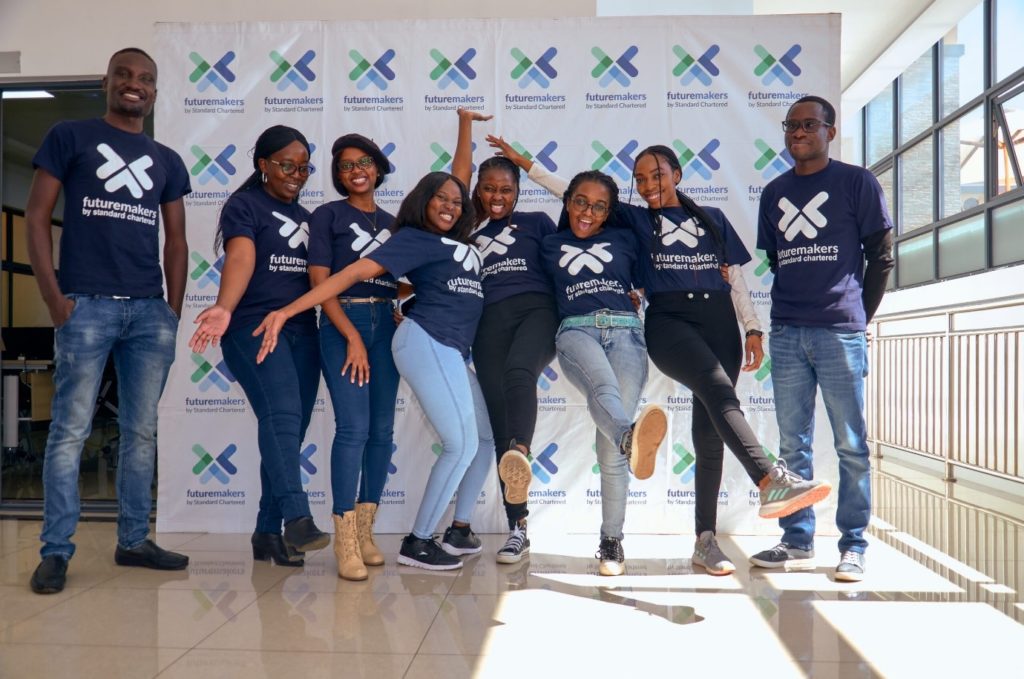
COVID-19 has exacerbated human suffering in Zimbabwe and is likely to leave an indelible impact on youth who constitute two thirds of the population but during times of crisis are often the least resilient. Youth typically had limited cash reserves or collateral security to access loans and capacity to manage socio economic pressure. Most of the youth were out of school; the entrepreneurs were being forced to cut back on business spending to survive. More than 1 in 4 youth, particularly young women, lost their jobs since the beginning of the pandemic. COVID-19 amplified societal challenges related to informal work and lack of social protection, particularly amongst youth. Women and girls were more likely to suffer from sexual and gender-based violence during the pandemic, especially during lockdown and restricted movement. Travel restrictions and reduced merchandise trade disproportionately affected women since most women were in micro enterprise activities which rely on unfettered movement of merchandise goods across and within national borders. It is against this background, Future Makers Zimbabwe youth employability is developing employability skills through private sector engagement and building of technical skills. that will develop opportunities that support young people to become job ready. We have trained 6056 young people through employability projects between 2020 and 2021. BOOST has trained 492 youth in technical skills empowering them to start their own businesses in culinary arts and agriculture value chains.